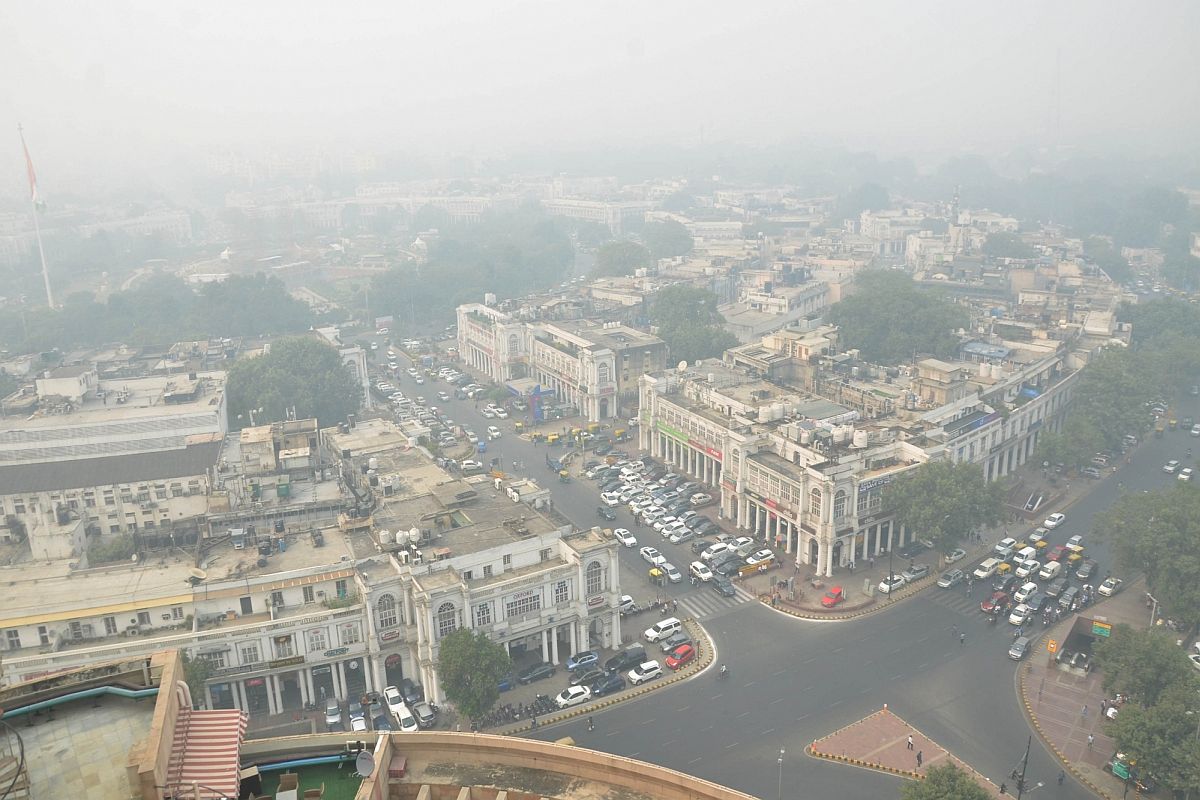With the Environment Pollution (Prevention and Control) Authority declaring a public health emergency in the Delhi-NCR region, the state government has ordered the closure of all schools till November 5.
Announcing the decision on Friday, Chief Minister Arvind Kejriwal tweeted: “Pollution in Delhi has reached high levels due to parali smoke. So the government has decided to close all schools in Delhi till November 5.”
Advertisement
The Supreme Court-appointed panel declared a public health emergency after air quality in the NCR region dipped to 410 on October 31. AQI of 400 is deemed as “severe” and Delhi’s AQI has been in the severe category for five consecutive days now.
The pollution control body has also banned construction activity till November 5 and bursting of crackers during the winter season.
The Environment Pollution (Prevention and Control) Authority further asked the states of Punjab and Haryana to take immediate stringent actions to curb stubble burning. It also called for a strict check on biomass burning in Delhi-NCR region.
EPCA chairperson Bhure Lal said in a letter to the chief secretaries of Uttar Pradesh, Haryana and Delhi said the air quality in Delhi-NCR deteriorated further Thursday night and was now at the severe plus level.
Earlier on Friday, Delhi Chief Minister Arvind Kejriwal distributed breathing masks to schoolchildren and urged the people to protect themselves from the toxic air.
Kejriwal blamed Haryana and Punjab governments for Delhi’s deteriorating air quality. He said that Delhi has turned into a “gas chamber” due to smoke from crop burning in the neighbouring states.
According to the US Embassy in Delhi, PM 2.5 level at 1 pm on Friday was 450. The US Embassy does not have a reading from 9 am to 12 pm, because probably the PM 2.5 went beyond 500, which they don’t measure. Values above 500 are considered Beyond the AQI.
While various directions are being given to curb air pollution, the weather conditions will matter more and a western disturbance around Sunday will cause dispersion of pollutants, which have accumulated.
The Central Pollution Control Board (CPCB) in a recent review had pulled up implementing agencies for “sub-optimal” performance on addressing pollution complaints.
According to Safar India, the PM 10 count, which was earlier in “very poor” category, at 555 is now in “severe” category. The PM 2.5 at 383 continues to be in the “severe” category.











